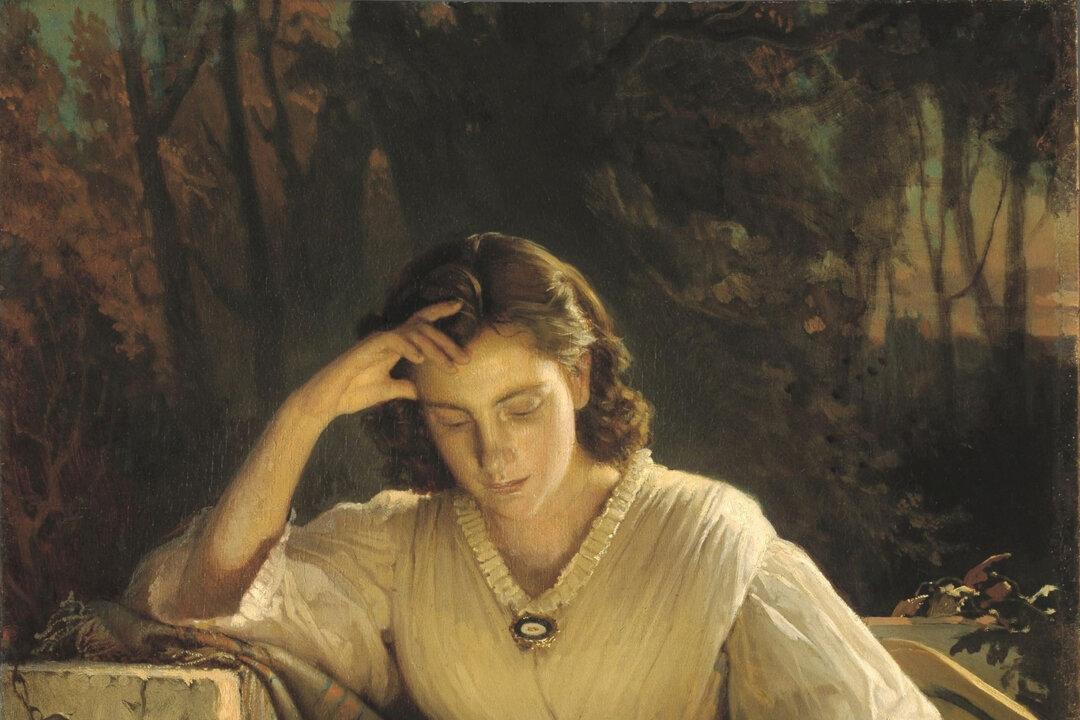“She was the Jane Austen of the essay. That she is not so recognized is a great—and, one hopes, temporary—loss.” So wrote John Lukacs, biographer and university professor, of Agnes Repplier more than 40 years ago when he compared the style and grace of Repplier’s prose to that of Austen. Alas, that loss appears to be permanent. Who these days has heard of Agnes Repplier (pronounced Rep-LEER), much less read her work? Not I.
Though I had come across her name in some obscure books, I first met Miss Repplier just a few weeks ago in the library of Christendom College here in Front Royal, Virginia. It’s summertime and, with the students having departed, the library is generally as quiet as a tomb.






